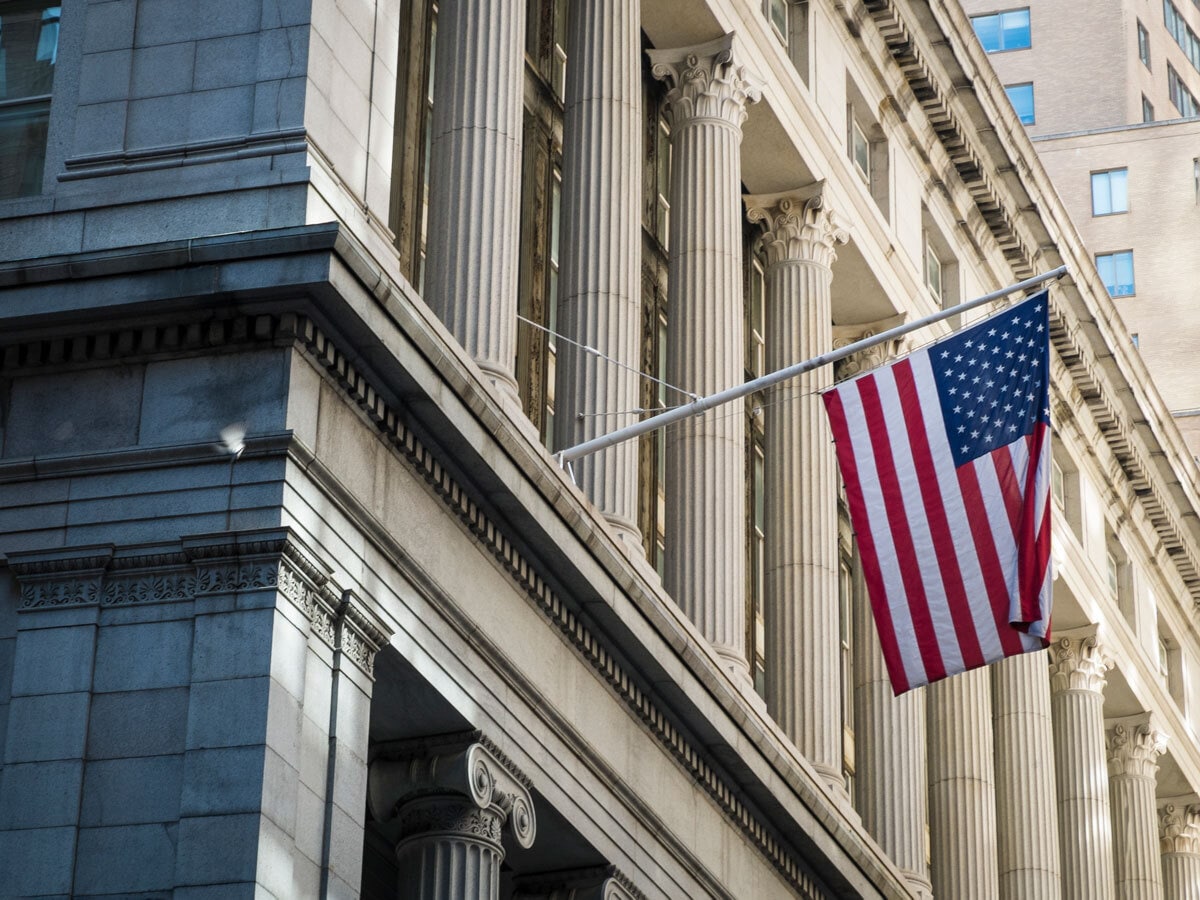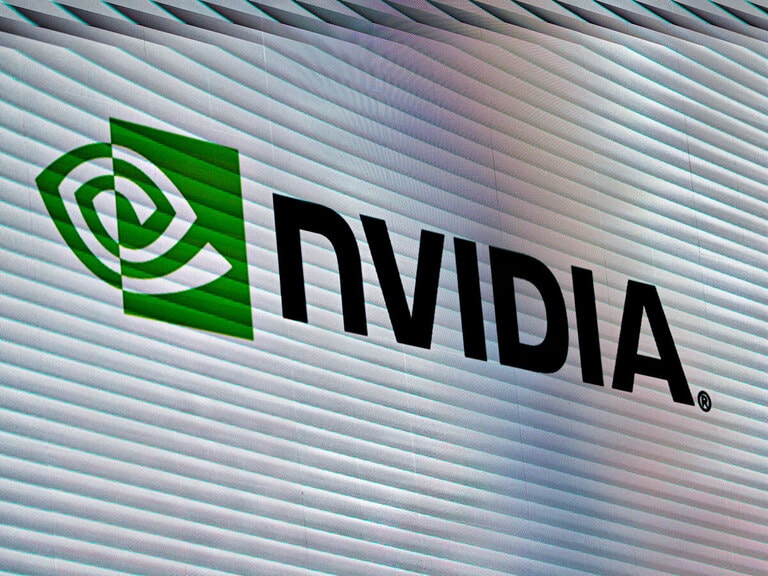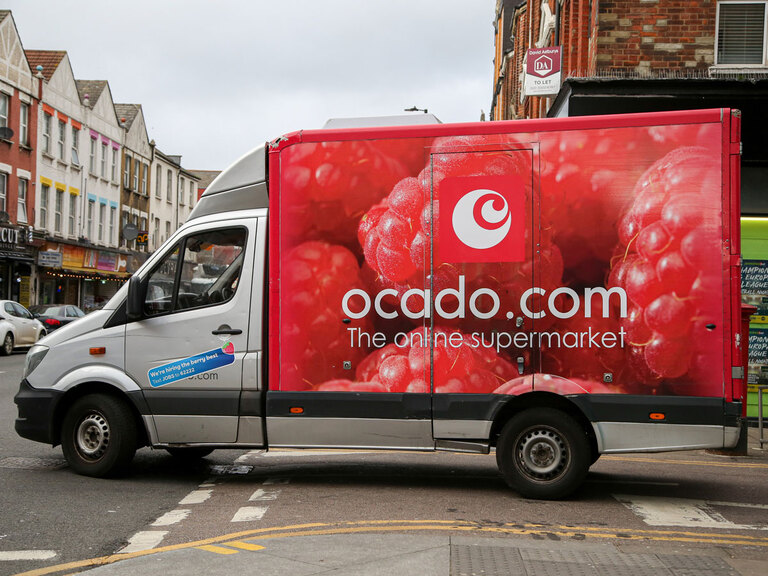The hype leading up to the Arm IPO was driven by the excitement around generative artificial intelligence (AI), especially among retail investors. Instacart and Klaviyo have gone public in a bid to capitalise on the hope that the IPO market may be bouncing back for the tech sector.
- The share prices of Arm, Instacart and Klaviyo have pulled back after climbing on their trading debuts.
- ARK Invest analysis of total IPO money raised as a percentage of total US market cap suggests that the 2023’s US IPO market is underperforming.
- How to invest in IPOs: the US Renaissance IPO ETF is up 12.4% in the past six months.
The IPO market sputtered and stalled in 2022, but it could be on the charge again following high-profile public market debuts from Arm [ARM], Instacart [CART] and Klaviyo [KVYO].
According to S&P Global Market Intelligence data, there were 1,671 IPOs globally last year, down from 3,260 in a blistering 2021. The $179.7bn raised last year was a significant fall from $626.6bn the year before. The US accounted for just 149 public debuts at a value of $20.8bn in 2022. Not one of the top-ten biggest deals was a tech company — eight were from the financials sector and two from the energy sector.
Many tech companies have been delaying going public amid high inflation and rising interest rates, but, with the market outlook improving, tech IPO deals seem to be back on the table. In the last few weeks, chip designer Arm fetched a valuation of approximately $54.5bn, the largest deal since electric vehicle manufacturer Rivian’s [RIVN] in 2021. Meanwhile, grocery delivery business Instacart was valued at $9.9bn and SaaS company Klaviyo at $9.2bn.
The share prices of all three companies climbed on their trading debuts, but have since pulled back. Arm has tumbled 14.4% since its first market close on 14 September, while Instacart has fallen 27.6% since its debut on 19 September and Klaviyo is down 15.5% from its $30 launch price on 20 September.
The pullbacks accelerated after the Fed held interest rates steady, but indicated there’ll likely be another rise before the end of the year.
Instacart and Klaviyo’s Prospectuses Reveal Growth
Of the three companies, it was Arm that had generated the most buzz in the lead up to its IPO. The British company floated on the Nasdaq after rebuffing the UK government’s attempts to woo it to list in London — a move that could have made the capital city a more attractive place to list.
Prior to their IPOs, Instacart and Klaviyo were tech unicorns, both founded in 2012. Instacart boomed during the pandemic as demand for online shopping orders soared. The company can also connect users with personal shoppers who can pick up and deliver orders for them.
While pandemic restrictions have long since lifted, the company’s IPO prospectus gives investors an insight into its financials. Orders rose by 18% in 2022 to $262.6m from $223.4m in 2021, while orders were up marginally year-over-year for the first half of 2023. Transaction revenue grew 44% in 2022 and was up 34% for the first half.
Klaviyo provides businesses with e-commerce marketing automation software. As of 30 June, it had more than 130,000 customers. Revenue in 2022 grew 62.7% year-over-year to $472.7m from $290.6m in 2021, while net losses narrowed to $49.2m from $79.4m.
Challenges in Maintaining Growth
Despite Instacart having enjoyed strong growth in the first half of 2023, the company issued a warning in its IPO prospectus that it may not be able to sustain that level for two main reasons: one, due to “the subsiding impact of the Covid-19 pandemic” and, two, its strategic initiatives — investments in new technologies and acquiring new customers — could reduce revenue and growth in the medium term.
In the near term, however, the profitability is “attractive for the market”, especially when compared with other on-demand players like DoorDash [DASH] and Uber [UBER], said Ali Mogharabi, Senior Equity Analyst at Morningstar, in reaction to the IPO.
As for Arm, in analysis of its IPO pricing, AJ Bell Investment Research Director Russ Mould argued in early September that the price was “hard to justify”. The chip designer “will do well to generate flat sales and profits in its fiscal year to March 2024, and that comes after a flat year in 2023,” pointed out Mould.
Future IPO Pipeline
Arm, Instacart and Klaviyo have generated a lot of hype about whether the IPO market is roaring back.
Looking to ride the momentum, German footwear maker Birkenstock, whose sandals were worn by characters in the recent Barbie movie, filed to list on the NYSE on 12 September. Angelo Bochanis, IPO Analyst at Renaissance Capital, told CNBC that Birkenstock may have been encouraged by how other footwear makers, such as Crocs [CROX] and Skechers [SKX], have fared since going public.
2023’s IPO Market Lagging Long-Term Averages
Any excitement could be short-lived, however. The Arm, Instacart and Klaviyo floats may feel “like a hefty IPO stretch”, but this isn’t necessarily the case, pointed out ARK Investment Research Director Brett Winton in a post published to X, formerly Twitter.
In analysis on the money raised through US IPOs as a percentage of market cap, the success of Arm, Instacart and Klaviyo meant that September’s raises through to the 21st of the month were 0.26%, and in 2023 so far were 0.06%. In contrast, the average between 2010 and 2022 was 0.16% annualised and 0.25% between 1980 and 2022.
“To hit long-term averages we would need [these] three weeks in September to repeat 17 more times, consecutively,” wrote Winton.
How to Invest in IPOs
ETFs, or exchange-traded funds, offer an economical and diversified way to invest in a variety of stocks within a particular theme.
Funds in Focus: the US Renaissance IPO ETF
Arm, Instacart and Klaviyo could be added to the US Renaissance IPO ETF [IPO] at some point. As of 25 September, technology accounts for 48.6% of the portfolio, while financials (15.3%), consumer discretionary (13%), consumer staples (10%), communication services (7.2%), industrials (3%) and healthcare (2.8%) make up the rest. The fund is up 9.9% in the past year and up 12.4% in the past six months.
Arm could be a candidate for many semiconductor funds, such as the iShares Semiconductor ETF [SOXX]. The fund has allocated 79.9% of its portfolio to semiconductors and 19.9% to semiconductor equipment. The fund is up 44.5% in the past year and up 9.3% in the past six months.
Instacart could be a potential future holding for the ProShares On-Demand ETF [OND]. The fund has allocated 57.7% of its portfolio to media and entertainment, 21.1% to consumer services, 13.2% to transportation, 6.7% to semiconductors and 1.2% to consumer durables and apparel. The fund is up 20.1% in the past year and down 0.6% in the past six months.
According to Crunchbase’s mid-year report, fintech company Stripe and software firm Databricks could also finally announce their much-anticipated IPOs before the year is out, or in the early part of next year.
Disclaimer Past performance is not a reliable indicator of future results.
CMC Markets is an execution-only service provider. The material (whether or not it states any opinions) is for general information purposes only, and does not take into account your personal circumstances or objectives. Nothing in this material is (or should be considered to be) financial, investment or other advice on which reliance should be placed. No opinion given in the material constitutes a recommendation by CMC Markets or the author that any particular investment, security, transaction or investment strategy is suitable for any specific person.
The material has not been prepared in accordance with legal requirements designed to promote the independence of investment research. Although we are not specifically prevented from dealing before providing this material, we do not seek to take advantage of the material prior to its dissemination.
CMC Markets does not endorse or offer opinion on the trading strategies used by the author. Their trading strategies do not guarantee any return and CMC Markets shall not be held responsible for any loss that you may incur, either directly or indirectly, arising from any investment based on any information contained herein.
*Tax treatment depends on individual circumstances and can change or may differ in a jurisdiction other than the UK.
Continue reading for FREE
- Includes free newsletter updates, unsubscribe anytime. Privacy policy






